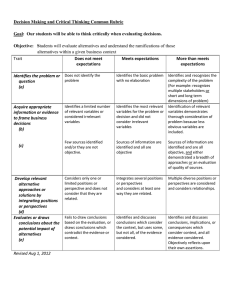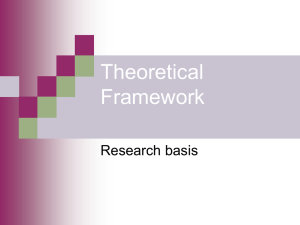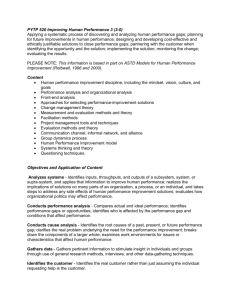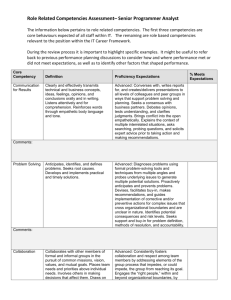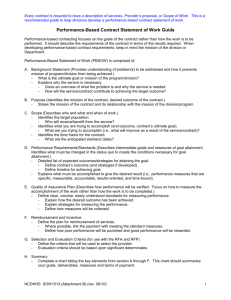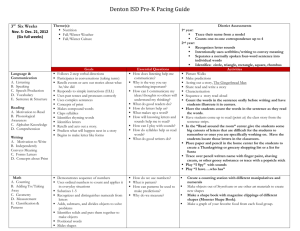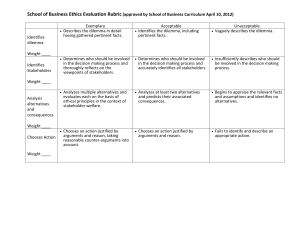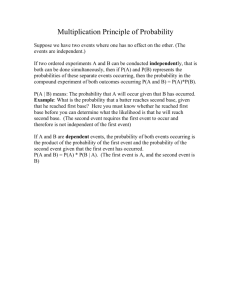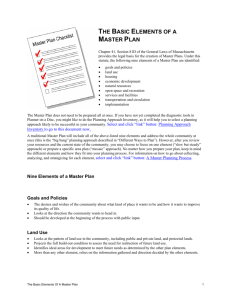Root Cause Analysis
advertisement
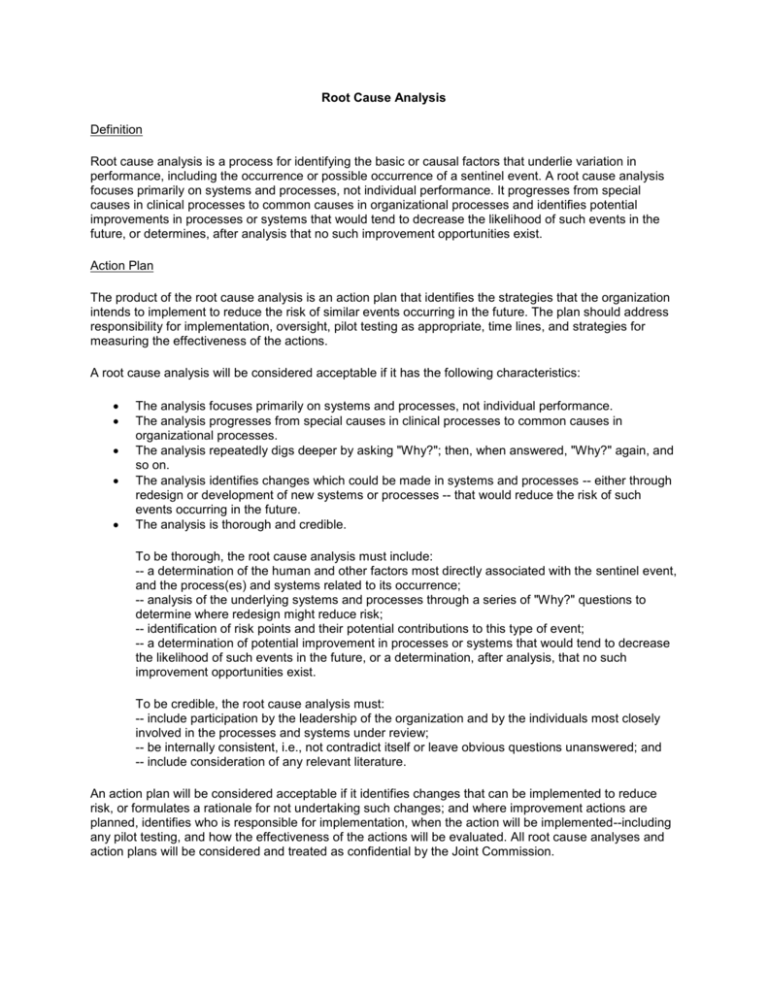
Root Cause Analysis Definition Root cause analysis is a process for identifying the basic or causal factors that underlie variation in performance, including the occurrence or possible occurrence of a sentinel event. A root cause analysis focuses primarily on systems and processes, not individual performance. It progresses from special causes in clinical processes to common causes in organizational processes and identifies potential improvements in processes or systems that would tend to decrease the likelihood of such events in the future, or determines, after analysis that no such improvement opportunities exist. Action Plan The product of the root cause analysis is an action plan that identifies the strategies that the organization intends to implement to reduce the risk of similar events occurring in the future. The plan should address responsibility for implementation, oversight, pilot testing as appropriate, time lines, and strategies for measuring the effectiveness of the actions. A root cause analysis will be considered acceptable if it has the following characteristics: The analysis focuses primarily on systems and processes, not individual performance. The analysis progresses from special causes in clinical processes to common causes in organizational processes. The analysis repeatedly digs deeper by asking "Why?"; then, when answered, "Why?" again, and so on. The analysis identifies changes which could be made in systems and processes -- either through redesign or development of new systems or processes -- that would reduce the risk of such events occurring in the future. The analysis is thorough and credible. To be thorough, the root cause analysis must include: -- a determination of the human and other factors most directly associated with the sentinel event, and the process(es) and systems related to its occurrence; -- analysis of the underlying systems and processes through a series of "Why?" questions to determine where redesign might reduce risk; -- identification of risk points and their potential contributions to this type of event; -- a determination of potential improvement in processes or systems that would tend to decrease the likelihood of such events in the future, or a determination, after analysis, that no such improvement opportunities exist. To be credible, the root cause analysis must: -- include participation by the leadership of the organization and by the individuals most closely involved in the processes and systems under review; -- be internally consistent, i.e., not contradict itself or leave obvious questions unanswered; and -- include consideration of any relevant literature. An action plan will be considered acceptable if it identifies changes that can be implemented to reduce risk, or formulates a rationale for not undertaking such changes; and where improvement actions are planned, identifies who is responsible for implementation, when the action will be implemented--including any pilot testing, and how the effectiveness of the actions will be evaluated. All root cause analyses and action plans will be considered and treated as confidential by the Joint Commission.
